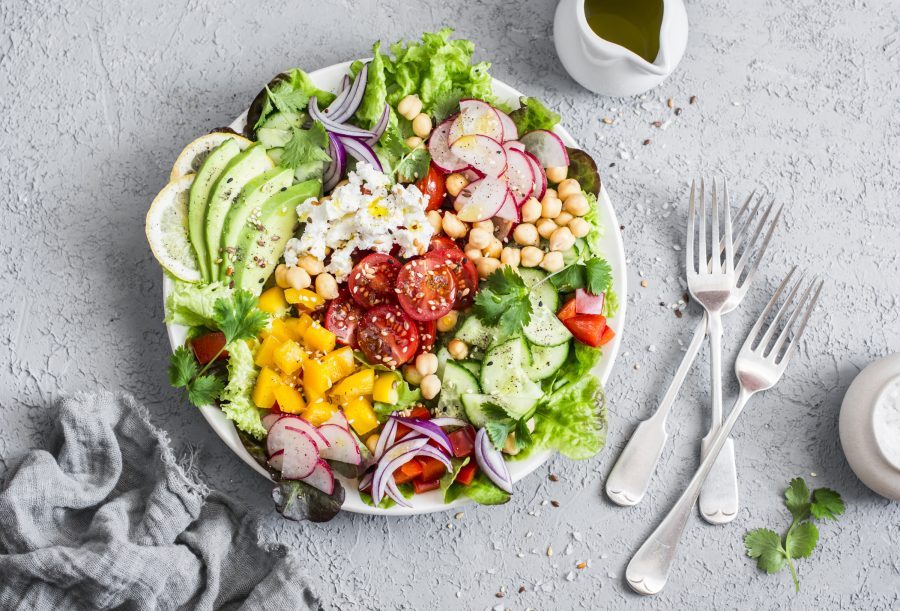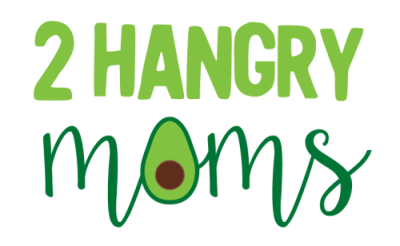
Alcohol, raw fish, unpasteurized cheeses… There’s a lot of focus on all the things that shouldn’t be a part of your pregnancy diet. But there are a number of nutrients that become increasingly important when you’re expecting, too. And while many prenatal vitamins include these vitamins and minerals, it’s important that you try to get them through natural food sources as well to maximize the benefits.
Here are three nutrients you should eat more of–as part of a healthy pregnancy diet:
1. Folate or Folic Acid
This is one your doctor will probably stress–even before you get pregnant. That’s because this vitamin reduces the risk of neural tube defects, birth defects that affect your baby’s brain and spinal cord. And most of these conditions develop within the the first 28 days of pregnancy, which is before many women even know they are pregnant, according to the American pregnancy Association.
It’s recommended that all women of childbearing age consume between 400 and 800 micrograms of folic acid daily.
Food sources of folate include legumes (think lentils and beans), green leafy veggies and citrus fruits. Folic acid can also be found in fortified cereals, pastas and breads. Incorporating these foods into your pregnancy diet shouldn’t be too difficult. Start your day with a bowl of cereal and an orange, or replace a snack with a smoothie with a cup of folate-loaded leafy greens, plus a scoop of chocolate or vanilla protein powder, a cup of non-fat milk and a cup of frozen berries.
You May Also Like: 11 Awesome Smoothie Bowls Under 400 Calories >
2. Iron
During pregnancy, your body increases its blood volume by 30 to 50 percent, which means you have an increased need for iron.
According to the Academy of Nutrition and Dietetics, iron deficiency is the most common nutritional deficiency for pregnant women. Pregnant women need at least 27 milligrams of this nutrient daily.
Food sources of iron include red meat, chicken and fish, fortified cereals, spinach, some leafy greens and beans. There are two types of iron, and your body is more efficient at absorbing the type you get from animal-based sources than plant-based foods. But don’t worry if you’re a vegetarian or you don’t eat a lot of meat. You can increase your iron absorption by combining plant-based sources with vitamin C-rich foods. Try a spinach and strawberry salad or smoothie, or whip up a tropical salsa with beans and mango or pineapple.
You May Also Like: Tropical Rainbow Salsa >
3. Calcium
You probably already know that calcium plays an important role in the development of your baby’s teeth and bones. What might surprise you, though, is that it also plays a key role in the development of your little one’s heart, nerves and muscles. Since calcium is so important for your baby, if you do not eat enough of it, your body will actually pull it from the biggest resource-your bones.
According to the Academy of Nutrition and Dietetics, the recommended amount of calcium during pregnancy is 1,000 milligrams per day for women aged 19 and up (bump that up to 1,300 milligrams if you are under 19). Good food sources of calcium include low-fat or fat-free milk, yogurt or cheese, calcium-fortified plant-based beverages like almond or soy milk, cereals and juices. Tofu, almonds, white beans, turnip greens, cabbage, raisins, dried figs and apricots, and sesame seeds also provide this nutrient.



